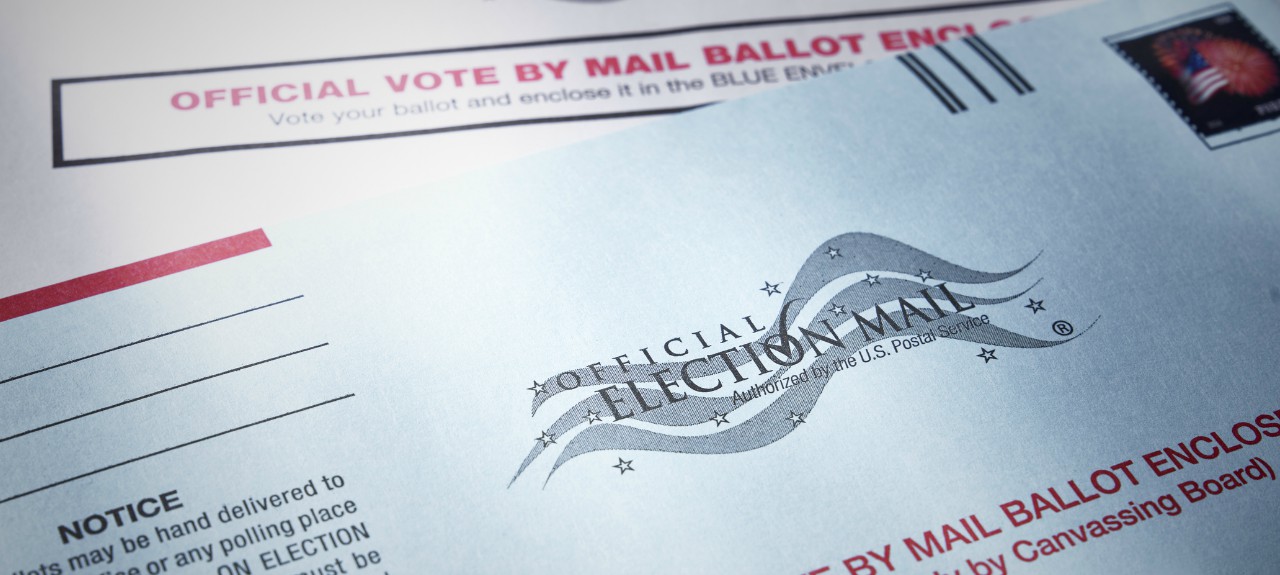Seattle Foundation announces positions on key ballot measures
Seattle Foundation is deeply invested in creating a region where everyone can thrive, a region with economic opportunity, a healthy environment, access to education, and community connection for all. In the weeks ahead, voters will make choices about two ballot measures that will dramatically affect our collective ability to achieve this vision. These measures are of critical importance to the work of our partners and the wellbeing of our region, which is why SeaFdn is stepping up to make two public endorsements for ballot items this November. Seattle Foundation, with the support of our Board of Trustees, recommends voters reject I-976 and support R-88.
We join our community partners and broad coalitions of business, media and government leaders in these endorsements. Washington Roundtable, Association of Washington Business, Transportation Choices Coalition, Got Green and Expedia are amongst those also endorsing No on I-976. Microsoft, The Seattle Times, Children’s Alliance, Washington Technology Industry Association and three former Washington State Governors representing both parties are also endorsing Yes on R-88.
No on I-976
A healthy and prosperous region needs reliable, affordable public transportation. Public transportation makes it possible for all people to get to work, school and doctor appointments, regardless of their income or mobility. It fosters community by allowing people to connect with family and friends. It supports racial equity and economic opportunity by making jobs more accessible and commutes shorter. It reduces the number of single-occupancy vehicles on the road, effectively mitigating the impacts of climate change in our region, which communities of color experience disproportionately.
Initiative 976 threatens to decimate voter-approved funding from 2014’s Seattle transit expansion and 2016’s three-county Sound Transit 3 package and to curb cities’ abilities to generate revenue for transit infrastructure. We stand to lose $20 billion for Sound Transit over the next 20 years and trigger delays in construction. Construction delays mean residents would wait longer to see needed investments in their neighborhoods, such as the Graham Street Station light rail stop.
If I-976 passes, Seattle expects to lose $35.9 million by the end of 2020, leading to 14,000 fewer bus passes for low-income families, 30,000 fewer hours of bus service and cuts to the King County Metro paratransit program that services seniors and riders with disabilities.
These cuts would make travel harder for people who most rely on public transportation, while creating more traffic and greenhouse gas emissions. Our region is already struggling with significant inequities, and major reductions in transit services will only exacerbate them, making it much more difficult to achieve climate justice and shared prosperity for everyone who lives and works here.
Funding cuts from I-976 would hurt other services, too. They would reduce essential resources for state accounts that fund ferries, roads, bridges, and bike and pedestrian projects, as well as for city accounts that fund road maintenance. The portion of Sound Transit funding that supports childcare facilities, early learning and other educational services for recent high school graduates would also be at risk.
For all of these reasons, we’re proud to join the growing coalition of civic leaders, local governments, labor, and businesses, including El Centro de la Raza, Washington Environmental Council/Washington Conservation Voters, major chambers of commerce and business associations in the region, Transportation Choices Coalition, Expedia and the Washington State Labor Council AFL/CIO, in recommending a No on 976.
Yes on R-88
Greater Seattle is one of the wealthiest regions in the country but faces some of the starkest inequities. Referendum 88 is among the most significant racial and gender equity initiatives to reach Washington State voters in decades.
In November 1998, Initiative 200 made it illegal to use race or gender as a factor in decision-making for government agencies and higher education institutions. Since then, women and communities of color have suffered: Before I-200 passed, 10% of contracts from state agencies and higher-education institutions were awarded to women and minority-owned businesses (WMBEs); today that number has dropped to 3% and the number of certified WMBE firms has declined by nearly 50%, representing a $3.8 billion loss in revenue. For a huge portion of our community, I-200 is a major barrier to opportunity and a means for perpetuating historical inequities that have inhibited success in marginalized communities for far too long.
Earlier this year, a coalition focused on repealing I-200 submitted a record-breaking 400,000 signatures in an Initiative to the Legislature known as I-1000, and the Legislature passed it. Then a special-interest community group organized an effort to attempt to repeal the Legislature’s decision, putting R-88 on the ballot. A yes vote on R-88 will uphold I-1000 and protect affirmative action in Washington State. A no vote would return Washington State to an affirmative action ban.
SeaFdn works to support inclusive economic growth, expand financial capital for small businesses and increase representation of women and people of color within industry, and we recognize that R-88 has great potential to help women- and minority-owned businesses.
R-88 is fundamentally about fairness. It allows race, sex, ethnicity, national origin, age, disability, veteran or military status to be considered as factors in the selection of qualified candidates in public education, public employment and public contracting. Research shows that public institutions that implement race-conscious admissions see increased enrollment of students of color. We expect the same to be true for government contracts and women- and minority-owned businesses.
We must pass this initiative for our communities, our institutions of higher learning, and our state. If we fail, Washington will be one of only eight states in the country that bans affirmative action. We stand with fellow endorsers of R-88, including Microsoft, League of Women Voters, and Children’s Alliance.
If you would like to learn more about Seattle Foundation’s consideration and action on these issues, please contact a member of our team. We hope you’ll join us in voting No on I-976 and Yes on R-88 to defend equity and wellbeing in our region.


